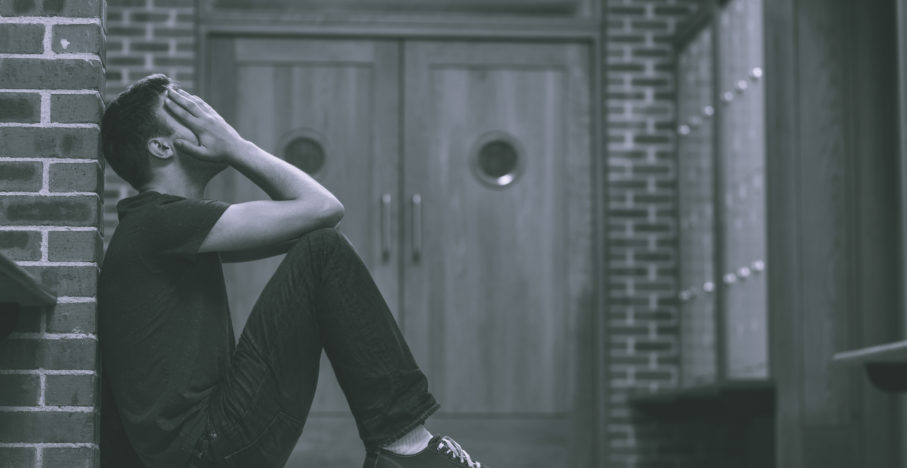A Title IX Complaint has been Filed Against Me… Now What?

A Title IX Complaint has been Filed Against Me… Now What?
If you or your child has received a Title IX complaint alleging sexual misconduct in a college environment, you face a complex process to clear your name and record.
The procedures for the school’s investigation and a possible disciplinary hearing should be stated in the college or university Student Handbook or otherwise made available to you. Read these procedures carefully as timetables can be very tight and standards for a finding of responsibility may be low. For example, under recent federal guidelines, a school is permitted to use either a “preponderance of the evidence” or a higher “clear and convincing evidence” standard of proof for determining if the accused is responsible. Know which standard your school will apply. Also know how your school defines “consent” under various circumstances such as if one or both students are arguably intoxicated.
A preliminary investigation likely will be conducted by a university official, often the school’s Title IX Coordinator or an investigator. The accused student may have to provide written responses to an investigative report from the preliminary investigator. These reports often exceed 100 pages in length. Disabled students are at a significant disadvantage if they do not request or receive reasonable accommodations such as extended time to submit written responses and appeals, or assistance during interviews and hearings.
The single investigator model is one in which the investigator handles all of the interviews, writes the investigation report and recommends a finding. A more formal process may follow the investigation consisting of a hearing conducted by a panel of college officials reporting to the Dean of the College. The campus Title IX process includes participation in multiple interviews, providing testimony from supporting witnesses, and offering other evidence such as emails, text messages, social media posts, and any audio or video communications relevant to the events. The hearing is essentially a trial under the university’s procedures from which your guilt or innocence will be determined by the panel.
Due Process and Fundamental Fairness Rights Required for College Title IX Hearings
Courts have held that the 14th Amendment to the U.S. Constitution requires an accused student to be given minimum procedural due process in any disciplinary hearing on campus involving a public college. Private colleges are held to similar standards and a showing of bias or the absence of fundamental fairness in a university’s procedures have been held to violate Title IX.
To satisfy due process, the hearing must be a real one and not a sham or pretense. New federal guidance also makes clear that the school must provide both parties with a written rationale for the results and the sanctions.
Due process and fundamental fairness should allow you to be represented by counsel in connection with college Title IX disciplinary proceedings. A Title IX defense lawyer will ensure that the university follows its published standards for a fair hearing, gives you access to the accuser’s statements and materials, enables you to provide witnesses and materials for consideration, and allows for an opportunity to submit questions to cross-examine the accuser and her witnesses.
A Title IX defense lawyer is trained and experienced to spot failures of due process and fundamental fairness in both the university’s published standards and the conduct of its disciplinary proceedings. A Title IX attorney is also an expert in the fair conduct of college disciplinary hearings and will help you prepare and conduct your best defense to the charges.
If there is any hint of gender bias by the decision makers or denial of due process or fundamental fairness, a Title IX lawsuit can be filed on your behalf in federal court against the school.
Our attorneys are Title IX defense specialists and we have helped hundreds of accused students across the country who have been treated unfairly by their schools. Call us at 212-736-4500 or contact us as soon as a complaint is filed and we will be there aggressively protecting your rights, ensuring a fundamentally fair process, or establishing the deficiencies that will lead a court to reverse the school’s adverse findings. There is no fee for a private consultation.
Because school procedures differ and every individual situation is unique, this blog does not constitute legal advice.




